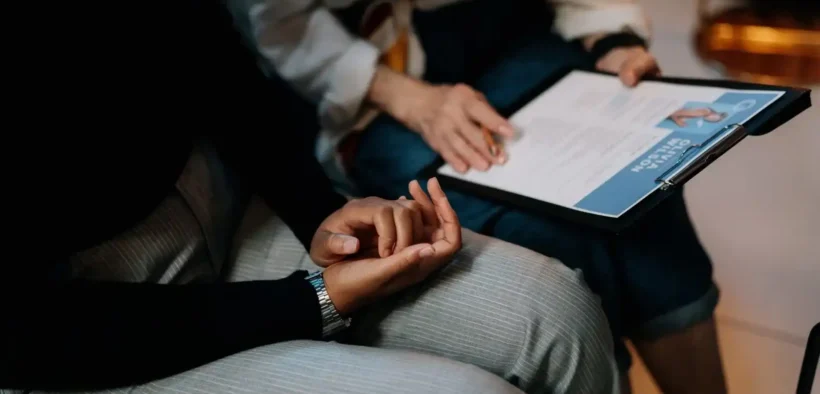Black Unemployment Surge Raises Alarm Over U.S. Economic Outlook
Share

One month after Donald Trump’s abrupt dismissal of Bureau of Labor Statistics commissioner Erika McEntarfer, the agency’s first jobs report under acting commissioner William Wiatrowski has delivered grim news: Black workers are bearing the brunt of economic strain, raising fresh concerns of a looming downturn.
According to data reported by Yahoo Finance, unemployment among Black men stands at 7.1%, while Black women face a rate of 6.7%, their bleakest outlook since the pandemic. Economists warn these numbers often foreshadow broader economic troubles.
Gary Hoover, an economist at Tulane University, explained, “What we find typically is that the unemployment rates that you see for the young, for Blacks, and particularly Black males, are a telltale sign of the direction of the economy and what we can expect to see hit overall in a few months.”
The warning signs extend to young people. Black teenagers between 16 and 19 years old face a staggering 24.8% unemployment rate, compared with the 7.5% overall jobless rate for Black workers in August.
Gbenga Ajilore, chief economist at the Center on Budget and Policy Priorities, likened the figures to a “canary in the coal mine,” noting that Black workers are historically the first to lose jobs and the last to be rehired. He stressed that rising unemployment among Americans often signals systemic weakness across the wider economy.
Economists point to several compounding factors. Since Trump’s inauguration, federal workforce cuts have disproportionately impacted Black employees, who are heavily represented in government roles. Across industries where Black workers are concentrated, growth has slowed or reversed.
For Black women, the setback is even sharper. Axios reported their unemployment rate rose to 7.5% in August, up from 5.4% in January. Experts say layoffs in the public sector only partly explain the surge.
Andre Perry, senior fellow at the Brookings Institution, told Bloomberg that federal cuts, trade tariffs affecting small businesses, and backlash against diversity and inclusion initiatives are all weighing on women’s employment prospects.
Jessica Fulton of the Joint Center for Political and Economic Studies argued that these dynamics show a troubling pattern: “ The unemployment rates rise more sharply and sometimes more quickly than for other workers whenever the economy starts to head into a downturn.”
Analysts caution that the ripple effects will be felt far beyond the Black community. As Daniella Zessoules of Dēmos wrote, “Our women’s work is concentrated in sectors that are the backbone of our economy.
When they see gains, those benefits ripple outward. Conversely, when Black women are being pushed out or shut out, it’s not a side issue; it’s a warning sign that our economic system is failing.”




















